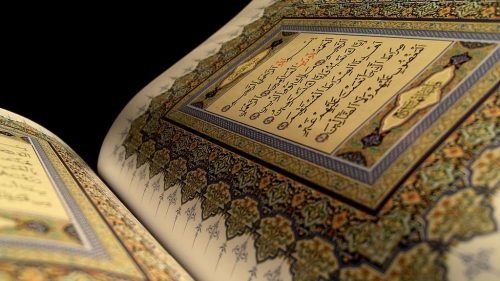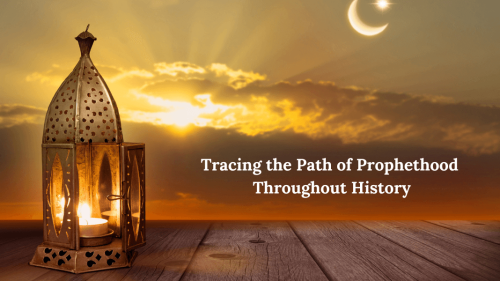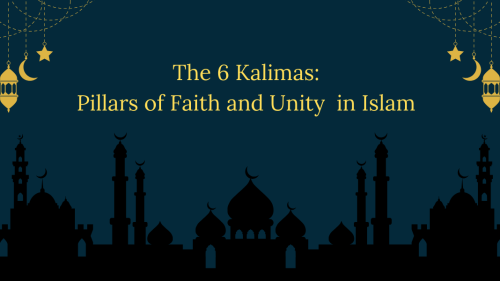Love for God in Islam - The Highest Attribute of Spiritual Attainment

In Islam fear of God, obedience to God and sacrificing for God's cause are stages (that should be maintained) on the spiritual path to something better; love for God.
There are many reasons people become Muslim. Among those reasons are feelings of the need to be a part of something better than what they have, believing that Islam holds more truth than other beliefs, or rejecting something once believed. Attributes that are obtained by the Muslim are fear of God, and love for God. The last being the highest reason to worship. Yet obtaining Love for God is a process. It is something to be achieved. One does not simply wake up loving God. But once love of God is had it is like no other type of love that has been experienced.
Those Who Love God
Love of God causes one to enjoy life more fully. It causes the Muslim to realize that God is the only non-changing reality. He is the Sure Reality and Truth (al-haqq).
"Yet there are men who take (for worship) others besides Allah, as equal (with Allah): They love them as they should love Allah. But those of Faith are overflowing in their love for Allah." (Quran 2:165)
Hence, faith is first mentioned as a necessary component of achieving Love for God. It is misplaced when feelings for created things, or beings, causes a diversion from focusing on the Conscious Reality that created all. The Conscious Reality that sustains all. Faith is the decision of the believer to worship that which is unseen and un-seeable in this life.
Developing Love for God
Developing love for God begins with the study of the divine. Science now tells us that there is a component in the brain that creates within humans the desire to believe in a higher power. When we intentionally work to develop that part of our being, new paths are created and opened within the person. The Muslim begins to feel the need to worship (Ibadda), pray (salat), and remember (Dhikr - a form of meditation) God. God begins to take precedence over the Muslim's life. She/He begins to look on God with reverence and becomes a seeker on the path after God's Greatness.
"Those that turn (to Allah) in repentance; that serve Him, and praise Him; that wander in devotion to the cause of Allah,: that bow down and prostrate themselves in prayer; that enjoin good and forbid evil; and observe the limit set by Allah;- (These do rejoice). So proclaim the glad tidings to the Believers". (Quran 9:112)
Attributes of Those Who Love God
Love of God brings about the best in the individual whose actions benefit those around. Out of love for God the Muslim will do everything, from waking moment to sleep, courageously battling lower desires to please her/his lord. Sacrificing what she/he is in possession of for the sake of the Beloved.
"It is not righteousness that ye turn your faces Towards east or West; but it is righteousness- to believe in Allah and the Last Day, and the Angels, and the Book, and the Messengers; to spend of your substance, out of love for Him, for your kin, for orphans, for the needy, for the wayfarer, for those who ask, and for the ransom of slaves; to be steadfast in prayer, and practice regular charity; to fulfill the contracts which ye have made; and to be firm and patient, in pain (or suffering) and adversity, and throughout all periods of panic. Such are the people of truth, the Allah-fearing." (Quran 2:177)
Example of One Who Loves God
God rewards those who work to develop love for Him and who yearn for their meeting with Him. The Quran gives an example of one who strives and struggles through life while awaiting the final meeting with God. One who struggles to deal with the twist and turns that daily life presents. One who strives to keep his family intact while increasing their spiritual growth. In the Father of John (Yahya) the Baptist there is the following example of one pleading to his Lord out of Love in the midst of affliction and adversity.
So We listened to him: and We granted him Yahya: We cured his wife's (Barrenness) for him. These (three) were ever quick in emulation in good works; they used to call on Us with love and reverence, and humble themselves before Us. (Quran 21:90)
When afflicted with pain, sorrow, and adversity, the Muslim turns to God with Love.
Khalil Green has obtained a Bachelors Degree with Departmental Honors in Religious Studies from Washburn University in Topeka, Kansas. His focus was, and remains, on Islamic and mystic traditions. He has held the title of Imam for the State of Kansas as its first Muslim Chaplain in a correctional institution.
Topics: Allah, Islam Values: Love, Spirituality
Views: 20741
Related Suggestions
love someone when a human being has very limited knowledge and
comprehension of magnitude, nature and attributes of Allah, creator of
all. I think loving God creator is copy cat from Chritianity and idol
worshiper because only they have defined the creator, Chritians by
accepting Roman idea of Isa being a god deity and Idol worshippers has
defination of God in form of Idol
other love, once you ponder and comprehend His immense love for all His
creations. Glory be to Him for the love and mercy He has shown mankind, despite
all the indifferent behaviour, cruelty to one's own kind and other living things on
earth, greed to the extent of destroying, pillaging and ransacking the planet that
Allah SWT has stocked with all necessities in abundance. May Allah Lead us
through the right path, Ameen.
that our God is lovable too?
path to the complete spiritual attainment; ultimately embracing Allah,
subhana wa ta allah, with supreme love.

















